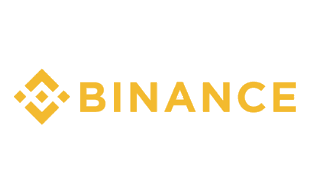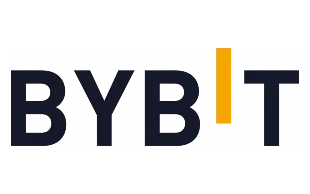Binance Cryptocurrency Exchange
Supported cryptos
Fiat currencies
Binance is a feature-rich exchange with competitive fees and a huge range of supported cryptocurrencies. You can start building a cryptocurrency portfolio today with over 300 coins available to buy with South African rands.
Binance is the world's most popular exchange with around 128 million users and more trading volume than any competitor.
Binance also has a broad range of earning opportunities with staking, savings accounts and yield farming available for over 100 coins. It's also home to an NFT marketplace.
More experienced traders will enjoy the platform's suite of advanced trading options, including several order types, automated trades and charting options.
In 2020, Binance released its own blockchain, Binance Smart Chain (BSC). BNB is the native coin of BSC and offers Binance users a number of benefits. In particular, using BNB to pay for trading fees results in a 25% discount.
Several of BSC's features have now been added to the Binance exchange. Users can access decentralized finance (DeFi) services from within the platform, preventing the need to learn how to use a blockchain or a Web3 wallet.

- Low trading fees
- Free and instant deposit and withdrawal methods for ZAR
- Huge range of supported cryptocurrencies
- Comprehensive earning features
- US$1 billion insurance fund
- Smartphone app offers Lite mode for beginners
- Website can be overwhelming for beginners
- Poor customer service score on Trustpilot
- Ongoing regulatory issues in China, the UK, the US and Japan
| Deposit methods | Bank transfer, Credit card, Cryptocurrency, Debit card, P2P |
|---|---|
| Deposit fees | None |
| Withdrawal fees | Fees vary |
| Trading fees | 0-0.1% |
| Advanced Trading Features | Yes |

















